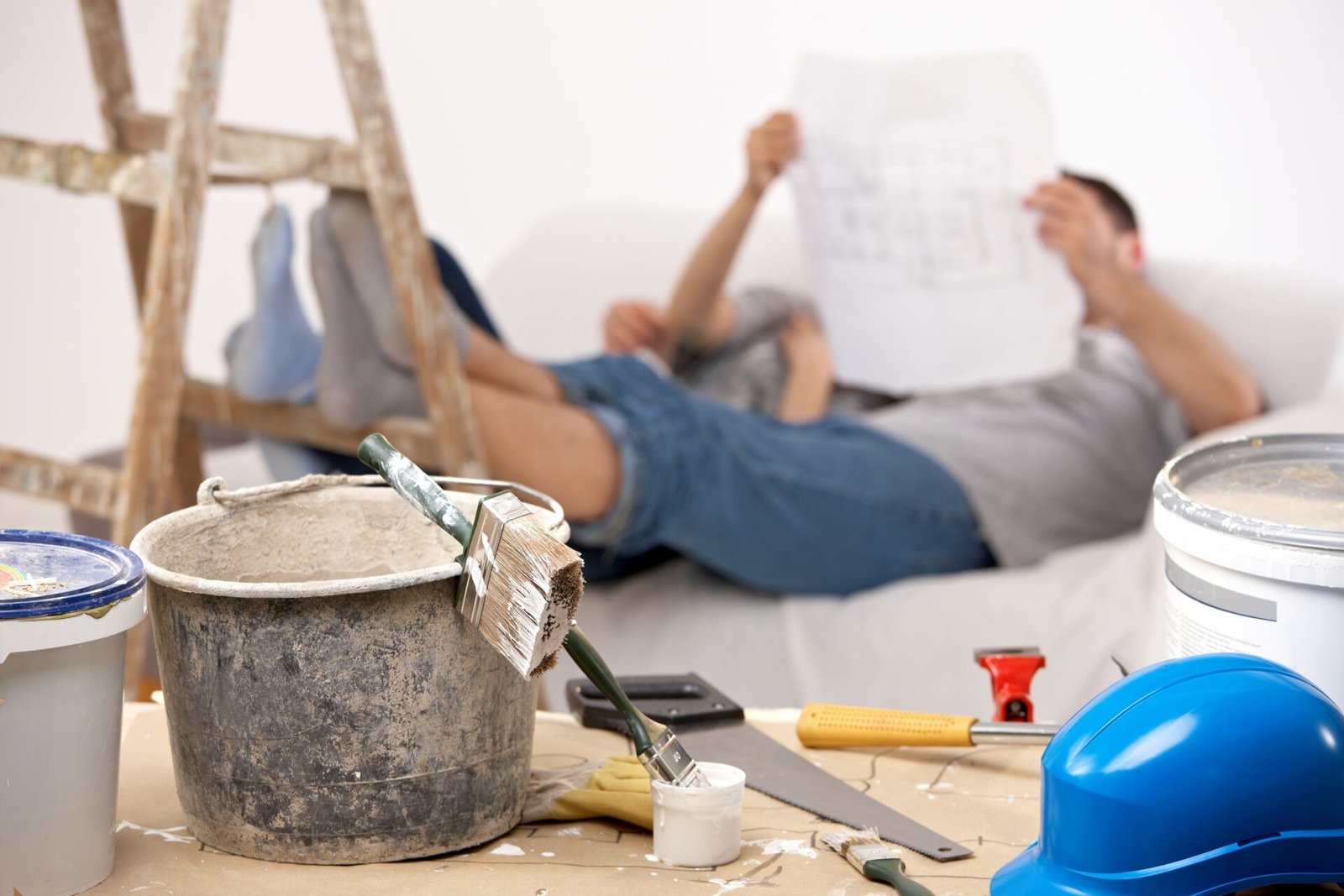Home insurance is a crucial yet often overlooked aspect of home renovation.
Hidden risks of uninsured renovations
Many homeowners assume that their home insurance automatically covers any renovation-related incidents, but this is rarely the case. Significant modifications, such as structural changes or additions, can alter the risk profile of the property, potentially rendering the existing policy inadequate. If a homeowner does not update their coverage, they might find themselves financially responsible for damages caused during or after the renovation process. Additionally, some insurance providers may even void a policy if substantial changes are made without notifying them beforehand.
Contractor liability and coverage gaps
Hiring professional contractors introduces another layer of risk that standard home insurance may not cover. While reputable contractors carry their own liability insurance, it does not always extend to the homeowner in the event of property damage or injuries occurring on-site. If an uninsured or underinsured contractor gets hurt while working on the property, the homeowner may be held liable for medical expenses and legal fees. To avoid costly surprises, homeowners should verify contractor insurance credentials and consider adding liability coverage to their own policy.
Impact of renovations on home value and replacement costs
Major home improvements, such as kitchen upgrades or home extensions, can significantly increase property value. While this is great for resale potential, it also means that the replacement cost of the home rises. If homeowners fail to adjust their insurance policy accordingly, they might end up with insufficient coverage in the event of a disaster. Renovation projects should always prompt a reassessment of home value and insurance limits to ensure that the policy adequately reflects the new replacement cost.
Temporary unoccupancy and policy implications
Some home renovations require homeowners to vacate the premises for an extended period. This can create an unexpected coverage gap, as many home insurance policies have clauses that limit or exclude protection for unoccupied homes beyond a certain duration. If a home is left vacant during renovations without the insurer’s knowledge, any damages incurred, such as fire or theft, might not be covered. Homeowners planning prolonged absences should inform their insurer and explore additional coverage options to maintain protection.
Customized policies for high-end renovations
Luxury renovations often involve premium materials, high-end appliances, and bespoke architectural features. Standard home insurance policies may not cover the full value of these upgrades, leaving homeowners vulnerable to significant financial losses. Specialized insurance endorsements or riders can bridge this gap, ensuring that high-value renovations receive the appropriate level of protection. Consulting with an insurance agent to customize coverage based on renovation specifics is a prudent step for homeowners investing in upscale remodels.
